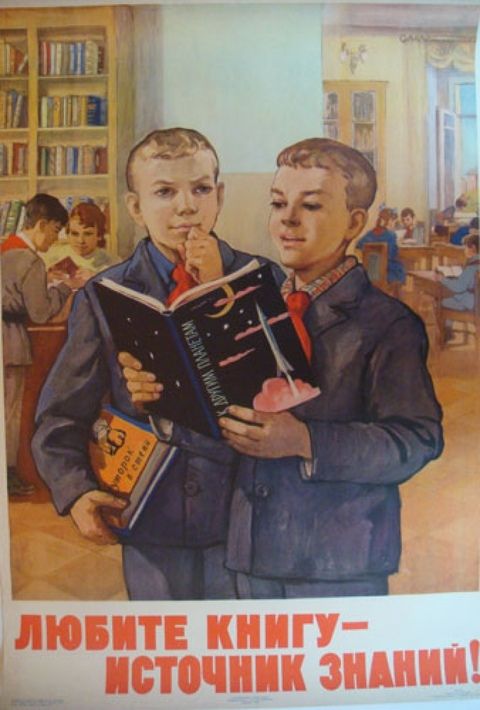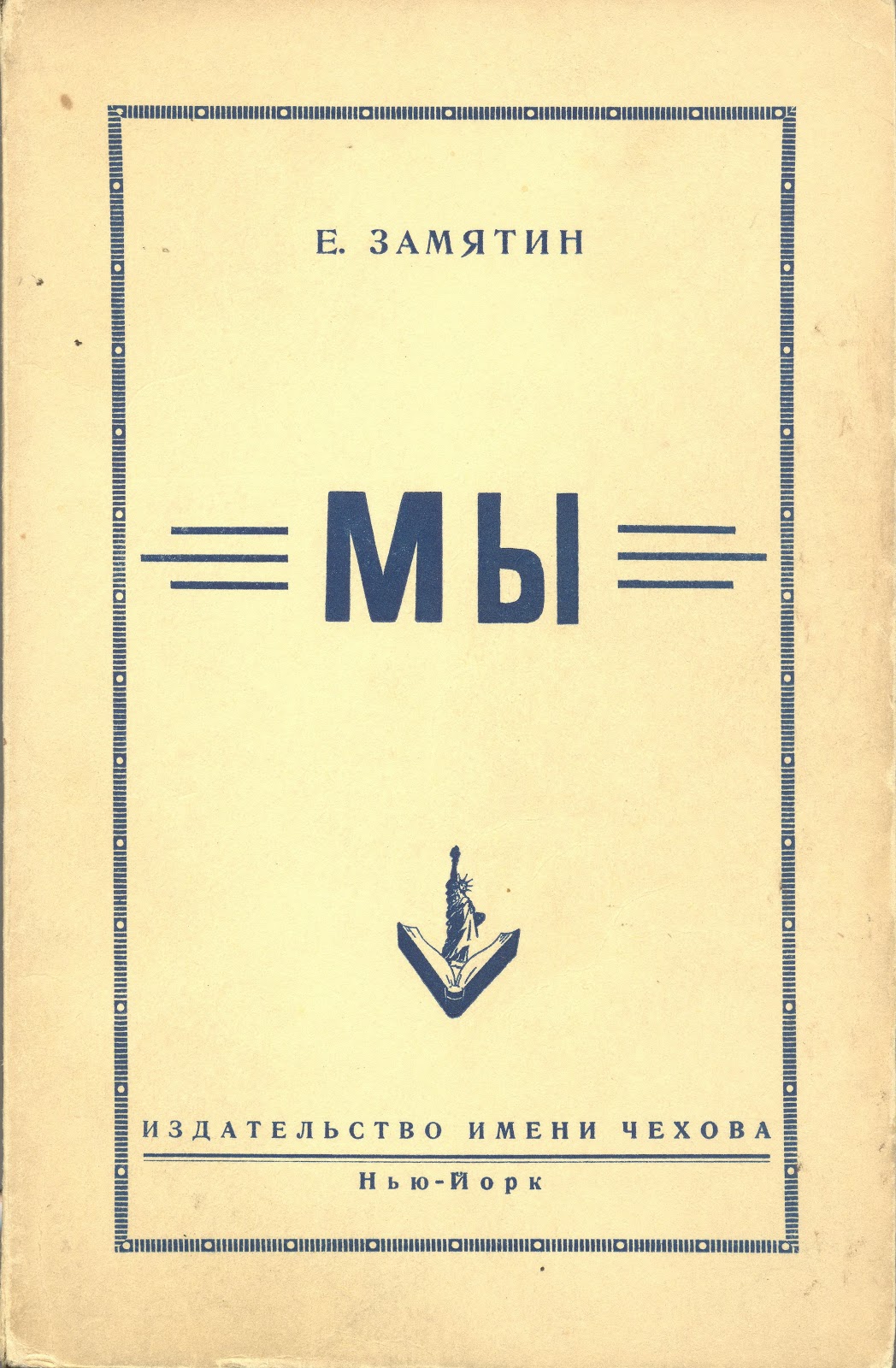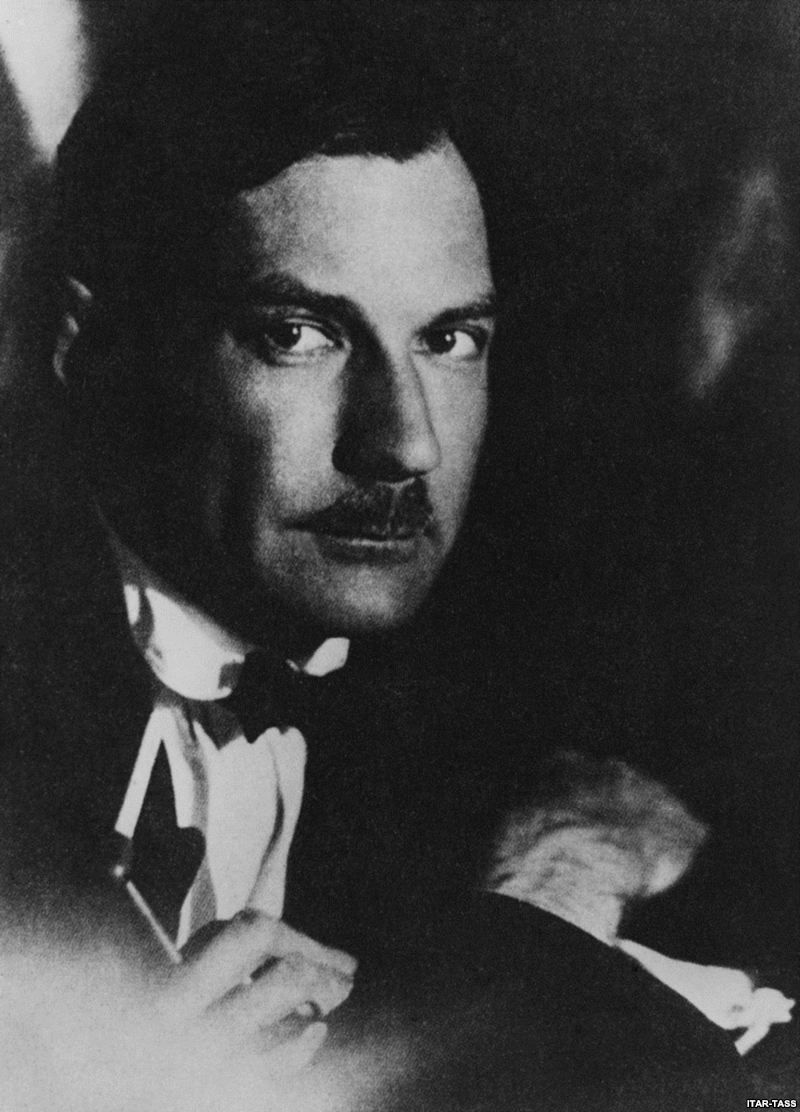
by Gideon Marcus
Sticking close to home
The last quarter of 1968 had the newsmen on tenterhooks. After the flight of Zond 5, many suspected the Russians would try for a flight around the Moon. Would they get there before the hastily rescheduled Apollo 8?
They did not, and now it seems they are taking a different tack, trying to progress in endeavors closer to home. On January 14, the Soviets launched Soyuz 4 into orbit carrying a single cosmonaut, Vladimir Shatalov. This was ho hum stuff—the putatively multi-man Soyuz was once again carrying a single occupant. Ah, but on the 16th, Soyuz 5 took off with cosmonauts Boris Volnyov, Aleksey Yeliseyev, and Evegenii Khrunov, the first three-seat flight since Voskhod 1, four years ago.
More than that, the two craft docked in orbit, the first time two piloted craft have managed the feat. Then Yeliseyev and Khrunov donned space suits, opened their hatch, and walked next door. They weren't visiting for a cup of borscht; they were there to stay, and they bore gifts: newspapers and letters from after Shatalov had taken off! The next day, Soyuz 4 landed with the two new passengers. As of this article's going to press, Volnyov should have landed his Soyuz 5—safely, I trust.

The Soviets are already beging to hail the mission as the construction of the first station in space, and there's no doubt that a lot of firsts have been scored. On the other hand, the two Soyuz craft were only linked for a few hours, and there was no easy way to get between the two craft. Really, they haven't done anything that couldn't have been done during our Gemini program.
That said, this may only be the beginning. Unlike Voskhod, which only comprised a couple of flights, there have been a number of Soyuz missions, both manned and unmanned, so it's probably only a matter of time before a truly ambitious trek is managed, perhaps a real space station.
What's more impressive? American boots on the Moon, or a permanent Soviet presence in near Earth orbit? You be the judge.
Mail's in!
The latest issue of F&SF offers a myriad of treats that are, in some ways, as exciting as today's space news. Let's dive in:

Another splurty cover by Russell FitzGerald
Attitudes, by James H. Schmitz
Azard is one of the Malatlo, the group of peaceniks who have divorced themselves from the Federation of the Hub. Years ago, the Malatlo were given their own planet, far away, but next door to the Raceels, an up-and-coming race, so that the separatists might not be too lonely.
Now war has destroyed both worlds, and Azard is being escorted by three representatives of the Federation to a new world. It's a magnanimous mission…so why is Azard contemplating the murder of his benefactors? And is all really what it seems?
I found the telling of the story a bit talky and stilted, and yet, when I was done, I found the thing stuck with me, some of the scenes vivid in the extreme. So, four stars for a fine opening piece.

by Gahan Wilson
The Cave, by Yevgeny Zamyatin
Per Sam Moskowitz' introduction, this is the tale of the end result of Communism as envisioned by a dissident writer in 1920 Leningrad. As winter sets in, an impoverished citizen in the "equal" society wrestles with the urge to steal wood from an advantaged neighbor. Soviet Marxism thus results in reversion to Stone Age sensibilities.
An interesting curiosity. Three stars.
Nightwalker, by Larry Brody
Frank Whalen is a super-spy with a secret: his body shoots off electricity at will. He also has a super suit, which confers stealth, but also has the annoying side effect of causing an all-over itch. This tale rather straightforwardly details an adventure Whalen has behind the Bamboo Curtain, and how he escapes from a Red Chinese jail.
Probably the first in an ongoing series, there's not really enough of Whalen yet to hang on to, character-wise. If you like superhero comics, you'll probably enjoy this one, in a superficial sort of way.
Three stars.
Dormant Soul, by Josephine Saxton
Saxton is an English author whose work generally fails to resonate with me, but this time, she channels her inner Pam Zoline with this beautiful, stream-of-consicousness story. It deals with a prematurely old widow struggling with inexplicable migraines, deep depression, and an uncaring medical system that seems tailor-made to perpetuate the problem with useless nostrums and a callous ear.
The solution? Wine and a bit of angelic help.
It's a beautiful, moving piece, and it was well on its way to five stars before the typically British, bummer ending. Still four stars.
Drool, by Vance Aandahl
Justice Stewart once observed (essentially) "I can't tell you what pornography is, but I know it when I see it." Aandahl proves that, "when correctly viewed, everything is lewd" (thank you Tom Lehrer) in this effective vignette.
Four stars.
Twin Sisters, by Doris Pitkin Buck
A short poem personifying the rain. I liked it. Four stars.
Pater One Pater Two, by Patrick Meadows
Two 21st Century disasters combine to doom the 24th Century: a doomsday weapon renders all of the Earth uninhabitable save for Greece and Asia Minor, and a birth control initiative backed by technology has gone awry, preventing all new births. It's up to Jacson and Marya from the island of Xios to topple the remnants of the past to save the future.
An interesting, innovative tale. Four stars.

Uncertain, Coy, and Hard to Please, by Isaac Asimov
For this piece, I felt it was important to have a female perspective—you'll understand why…

by Janice L. Newman
Asimov’s most recent “Science” article is on feminism. He never uses the word, but feminism is what it argues: that men and women are inherently equal, and that it is only cultural and artificial distinctions that keep them from being equal. It’s an excellent screed. For many women it would be a revelation, particularly if they have had no prior contact with feminist ideas.
Some might take exception to the description of the male/female relationship as slavemaster/slave, but I do not. For too long women have been considered property, unable to own anything: not money, not land, not their own work and discoveries, not even their own bodies. Even today a woman cannot open a checking account at the vast majority of banks without her husband’s or father’s signature. Consider how crippling this is for an independent person in modern society.
I can’t agree with every argument Asimov makes. While I concede that courtly love is an artificial construct, one need only look to the animal kingdom to find plenty of animals that mate for life, and which become despondent if one of the pair is removed. Nor can I dismiss fatherly love as purely cultural. Children look like their parents, after all, and men who cared for partners and offspring were more likely to have children that made it to adulthood.
However, these are minor quibbles. Overall the piece is well thought-out and logical and usually right, and I believe it should be required reading for all fen…indeed, all persons.
Including its author.
Asimov is well-known for groping women at conventions: grabbing their backsides or their frontsides, even seizing and kissing women who had approached him in the hope of getting an autograph. I am certain that he thinks such behavior is flattering–indeed, he lists the "smirk and the leer" as among the petty rewards of being a woman in today's society. I cannot speak for all women; likely some did feel flattered by such attentions. But having talked with some of his victims, I know that this was not so in many cases.
I have never met Asimov in person. Perhaps friends have deliberately kept me away from him at conventions to protect me. At this point, it seems increasingly unlikely that I will ever meet him. But if I ever do, I would like to say to him, “You, too, wield the power of the slavemaster. The very ‘silliness’ that you decry as an artificial defense mechanism is exactly what is coming into play when you kiss a woman and she blushes and laughs awkwardly. Hers is a conditioned response born, at its heart, out of fear.”
Perhaps it is not surprising that Asimov apparently can’t make the extra leap to apply his reasoning to his own behavior. As excellent and revelatory as this piece is, it seems to come entirely from Asimov’s mind without any discussion with actual women. In fact, it’s unlikely that he’s had much opportunity to see things from a ‘feminine perspective’, considering the vast majority of media is from a male point of view. Not surprising, but it is saddening and frustrating.
I don’t know if I could convince him that he is not exempt, that however unthreatening he may think himself, society nonetheless places the slavemaster’s whip firmly in his hand. But perhaps, someday, he can: I think the man capable of writing such an important feminist piece could learn from his own words.
Five stars.

by Gideon Marcus
After All the Dreaming Ends, by Gary Jennings
A simple boy meets girl episode in wartime, just before the boy is to ship off to the European Theater of Operations. Except the girl isn't there—she's dying in a hospital bed 25 years later. To sleep, perchance to dream…and what a beautiful, romantic dream.
A sweet, wistful piece. I'm a sucker for love stories. Five stars.
A pleasant recounting
Well now—not a clunker in the bunch, and some Star material to boot. Indeed, this is the first 4-star issue of F&SF in the history of our reviewing the magazine! That's exciting news in the skies above and on the ground, and definitely enough to keep us renewing our subscription—to F&SF AND Aviation Weekly.

![[January 18, 1969] (February 1969 <i>Fantasy and Science Fiction</i>)](https://galacticjourney.org/wp-content/uploads/2024/01/690118cover-663x372.jpg)



![[November 11, 1963] An integral future (Yevgeny Zamyatin's <i>We</i>)](https://galacticjourney.org/wp-content/uploads/2018/11/631111cover-672x372.jpg)



